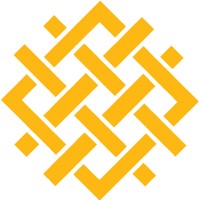https://www.linkedin.com/company/world-resources-institute/
Energy
Industry
1001-5000
Employees
1982
Founded Year
Mission & Purpose
WRI's mission is to move human society to live in ways that protect Earth’s environment and its capacity to provide for the needs and aspirations of current and future generations.
We organize our work around six critical goals that the world must achieve this decade in order to secure a sustainable future:
Climate: Protect communities and natural ecosystems from damage caused by greenhouse gas emissions, and generate opportunities for people by catalyzing a global transition to a low-carbon economy.
Energy: Drive the scale-up of clean, affordable power systems throughout the world to deliver sustainable socio-economic development.
Food: Ensure the world’s food systems reduce their impact on the environment, drive economic opportunity, and sustainably feed 9.6 billion people by 2050.
Forests: Alleviate poverty, enhance food security, conserve biodiversity, and mitigate climate change by reducing forest loss and restoring productivity to degraded, deforested lands.
Water: Achieve a water-secure future by mapping, measuring, and mitigating global water risks.
Cities and Transport: Improve quality of life in cities by developing and scaling environmentally, socially, and economically sustainable urban and transport solutions.
We design solutions for and analyze these six critical goals through the lenses of our three Centers of Excellence which focus on Governance, Business and Finance.

